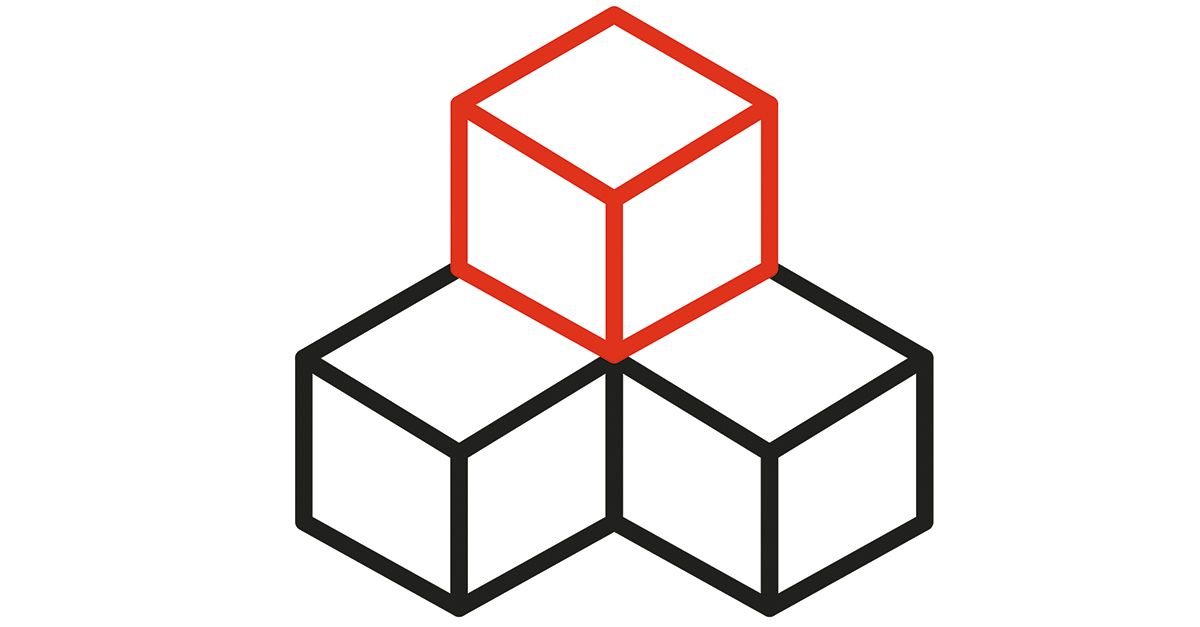No longer a futuristic technology built on hype and potential, blockchain is being used by millions of people across industry segments in every corner of the world. While the real estate industry has been slow to implement blockchain applications into their business models, as the technology continues to become more ubiquitous, the process of buying, selling or renting a home stands to never be the same again.
Having gained significant attention in 2018, blockchain will undoubtedly continue to trend as we head toward the future—but how does the much-hyped technology platform that cryptocurrencies like bitcoin are built on stand to impact the real estate industry, and why is it critical that real estate professionals across the board join the revolution, and take advantage of this incredible opportunity to change the industry for the better?
From my perspective, it all boils down to three specific benefits:
- Security
- Transparency
- Speed/efficiency
Not only will these key benefits allow the industry to standardize and scale online transactions; they also truly matter to buyers, sellers and renters alike.
As far as security is concerned, this is one of the most compelling advantages associated with blockchain technology. Unlike just about every other technology application, blockchain is a decentralized, peer-to-peer platform. Often referred to as distributed ledger technology (DLT), blockchain records, stores and distributes each transaction across thousands of computers around the world, making hacks and other data breaches more difficult to execute.
Instead of targeting massive datasets stored in one—or several—locations, hackers would need to track down a specific dataset on thousands of distributed computers. That’s just one element of blockchain’s security profile. Others include encryption and authentication, in addition to there being no process for revisions or deletions.
Transparency is another benefit that solves a major real estate transaction problem. Once an entry is made on a blockchain “block,” that’s it. There’s no altering, updating or even deleting the entry. In order to change the entry, that specific block on every other blockchain on every other computer would need to be updated, making fraud virtually impossible.
With blockchain, all parties involved in a real estate transaction have access to the same information at the same time, saving a significant amount of time and human resources that are typically used for validating information.
Another key benefit associated with blockchain technology centers around speed/efficiency. While speed isn’t the first word that comes to mind when potential buyers conjure up the thought of purchasing a home, blockchain dispenses with the typical delays associated with the process because everything happens in real time. Once a buyer accepts a seller’s offer, the transaction is immediately executed, as all the background work has already been built into the process.
Is the industry ready for blockchain? In my experience, real estate fits all of the following criteria that should be met for a blockchain use case to make sense:
- Some type of information exchange between multiple parties is required.
- Privacy is a critical concern.
- Tampering by other parties is a major issue.
- Reducing administrative costs is a requirement.
- Transparency, auditability and/or verification are requirements.
- Data security is paramount.
Even though blockchain is relatively new to the scene, applying the technology to the real estate process will go a long way toward moving the industry forward, positioning buyers and sellers on equal playing fields.
 Chao Cheng-Shorland is co-founder and CEO of ShelterZoom. For more information, please visit www.shelterzoom.com.
Chao Cheng-Shorland is co-founder and CEO of ShelterZoom. For more information, please visit www.shelterzoom.com.











